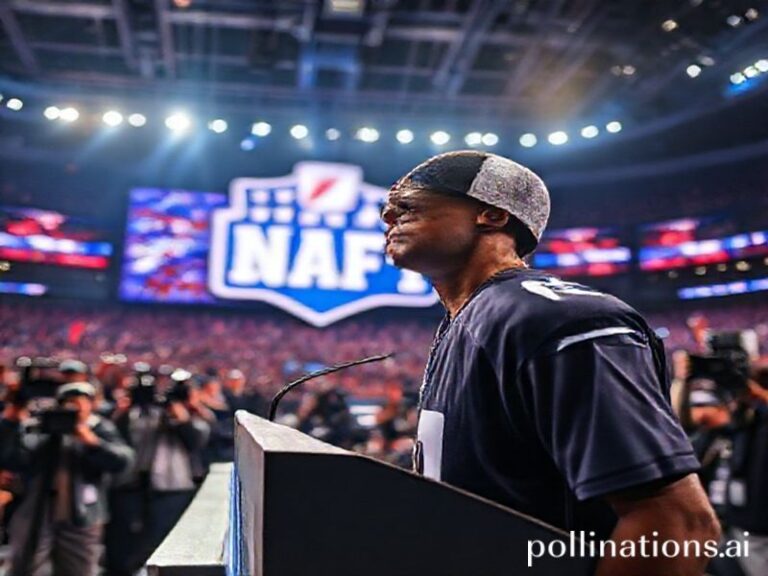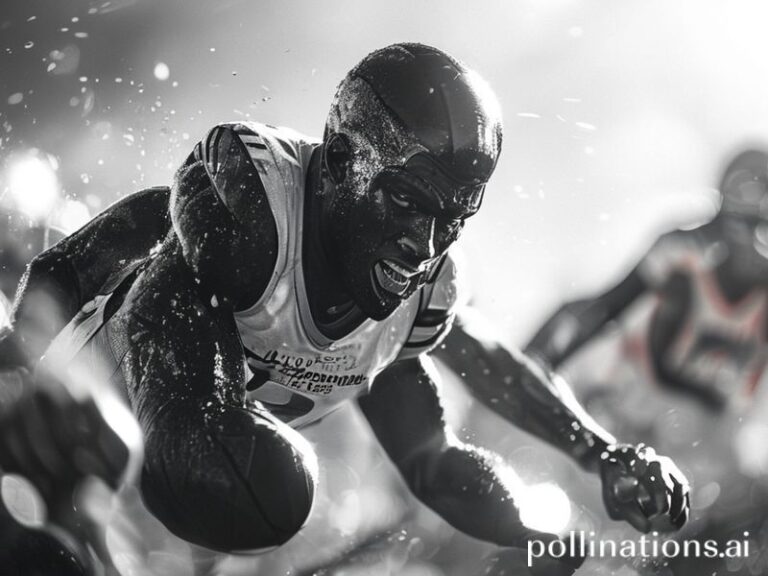riley green
Riley Green’s “Damn Country Music” Isn’t Just for Alabama Anymore
A dispatch from the frontlines of soft-power twang and algorithmic Americana
By the time the first banjo lick of Riley Green’s latest single pinged a cell tower in rural Pickens County, it had already ricocheted through a 5G relay in Seoul, been Shazam-ed in a Berlin U-Bahn, and landed—without irony—on a rooftop bar playlist in Lagos where the cover charge is denominated in USDT. Somewhere in the meta-narrative of late-stage capitalism, a guitar-slinging ex-baseball player from Jacksonville, Alabama (population: 12,735, median income: please don’t ask) has become a transnational data point. Rome had aqueducts; we have streaming servers. Same basic principle: move the water to the people, except the water is now nostalgia and the aqueduct is a mood-board curated by a 24-year-old in Stockholm.
The numbers, like most modern truths, are both impressive and faintly depressing. Green’s sophomore album, Ain’t My Last Rodeo, racked up 250 million global streams in its first month—roughly the population of Brazil, if Brazil were emotionally invested in tailgates and heartbreak. Spotify’s “Hot Country” playlist, once a polite colonial outpost for pickup-truck jingoism, now logs 60 percent of its plays outside the Lower 48. Translation: a kid in Jakarta who’s never seen a cornfield is humming along to “Different ‘Round Here” while riding a GrabBike through monsoon traffic. Somewhere, Cormac McCarthy updates his LinkedIn.
Why should the world care about a man whose aesthetic is “Norman Rockwell with better Wi-Fi”? Because in the algorithmic bazaar, authenticity is the most valuable counterfeit going. Every geopolitical actor wants some: the EU funds “cultural heritage” grants, China’s TikTok pushes #CountryLife to soften that whole genocide vibe, and the Kremlin—never one to miss a branding opportunity—briefly floated a “Cossack Country” channel until focus groups pointed out that balalaikas don’t twang. Green, bless his camouflage heart, is simply the latest export in a long line of Marlboro Men repurposed for the attention economy. He sells the illusion of roots to people whose GPS histories are more tangled than Christmas lights in July.
And yet, the joke’s on the cynics. Beneath the algorithmic froth, Green’s songwriting carries a sneaky universality: small-town loyalty, economic anxiety, the suspicion that modernity is a pyramid scheme run by people who never learned to change their own oil. Swap the pickup for a tuk-tuk and the lyrics still scan. A Welsh coal miner and a Filipino call-center agent can both hum “I Wish Grandpas Never Died” in the key of late-capitalist despair. That’s the dark magic: the same forces that flatten local culture into content also create accidental solidarity among the flattened.
Of course, there are casualties. Traditional country radio—once the last analog fiefdom—now competes with K-pop fancams and Nigerian Afrobeats for the same dopamine receptors. Nashville executives, ever the pragmatists, have begun hiring multilingual “vibe consultants” to sprinkle Mandarin metaphors into bridge lyrics. Green himself has reportedly taken Zoom calls with a Swedish sync team about placing “If It Wasn’t for Trucks” in a Volvo commercial. The Vikings, it seems, are back—this time wearing Patagonia vests.
Meanwhile, the United States exports two things reliably: weapons and feelings. Riley Green happens to traffic in the latter, though the distinction blurs when you realize both are designed to penetrate foreign markets with minimal resistance. The Pentagon drops JDAMs; Spotify drops curated playlists. Pick your payload.
So here we are, orbiting a planet where a red-dirt troubadour becomes a geopolitical shrug emoji—simultaneously a symptom of cultural dilution and an unlikely vector of human connection. If that strikes you as absurd, congratulations: you’re still awake. Just don’t expect the algorithms to care. They’re too busy translating heartbreak into quarterly earnings, one stream at a time.
And somewhere in Jacksonville, Alabama, Riley Green tips his cap to the crowd—unaware that the front row now stretches from Tuscaloosa to Timbuktu. The bar’s still cash-only, but the tip jar takes Apple Pay. Progress, like heartbreak, is universal.







